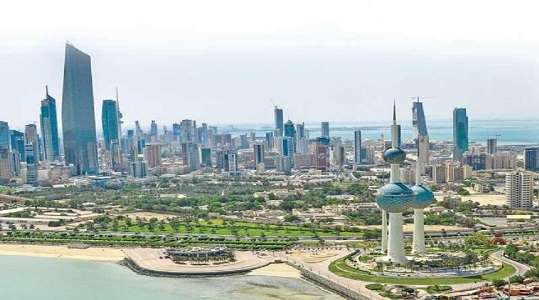A report by the World Bank showed that the main risks facing the Kuwaiti economy are concentrated in the turmoil in the global economy and the persistence of fluctuations in oil prices around a very low base, indicating that the path of uncertainty surrounding the Corona epidemic raised the level of these risks with expectations of further slowing global growth.
According to the report, further postponement of financial reforms may lead to unfavorable financial dynamics, in addition to widening financial and external imbalances and the erosion of financial reserves, indicating that long-term challenges facing Kuwait relate to heavy dependence on oil as well as the implementation of the new Kuwait vision 2035. The report revealed that despite Kuwait’s large oil reserves, a global shift to cleaner energy threatens economic and financial sustainability in the long run.
While the report showed that huge financial assets support Kuwait's economic resilience, it revealed that financial and structural reform are essential to offset the risks of low oil prices and uncertain production, and these measures include measures to mobilize non-oil revenues such as the application of value-added tax, as well as strengthening the human capital and economic management reform to revitalize private sector-led development and job creation.
According to the report, revenue collection measures such as the introduction of value-added tax in 2021 will likely reduce budgetary pressures, but this depends on the government’s desire to implement these reforms in a weak economy. On the other hand, the report expected that the deficit will witness a bit of recovery with oil prices recovering moderately, to reach 14.7 percent of GDP during 2022, while the oil prices continue to decline, suggesting that the current account will turn towards deficit during the current year, with It improved slightly over the medium term, while inflation is expected to increase gradually as property rents recover.
Source (Al-Rai Newspaper-Kuwait, Edited)

